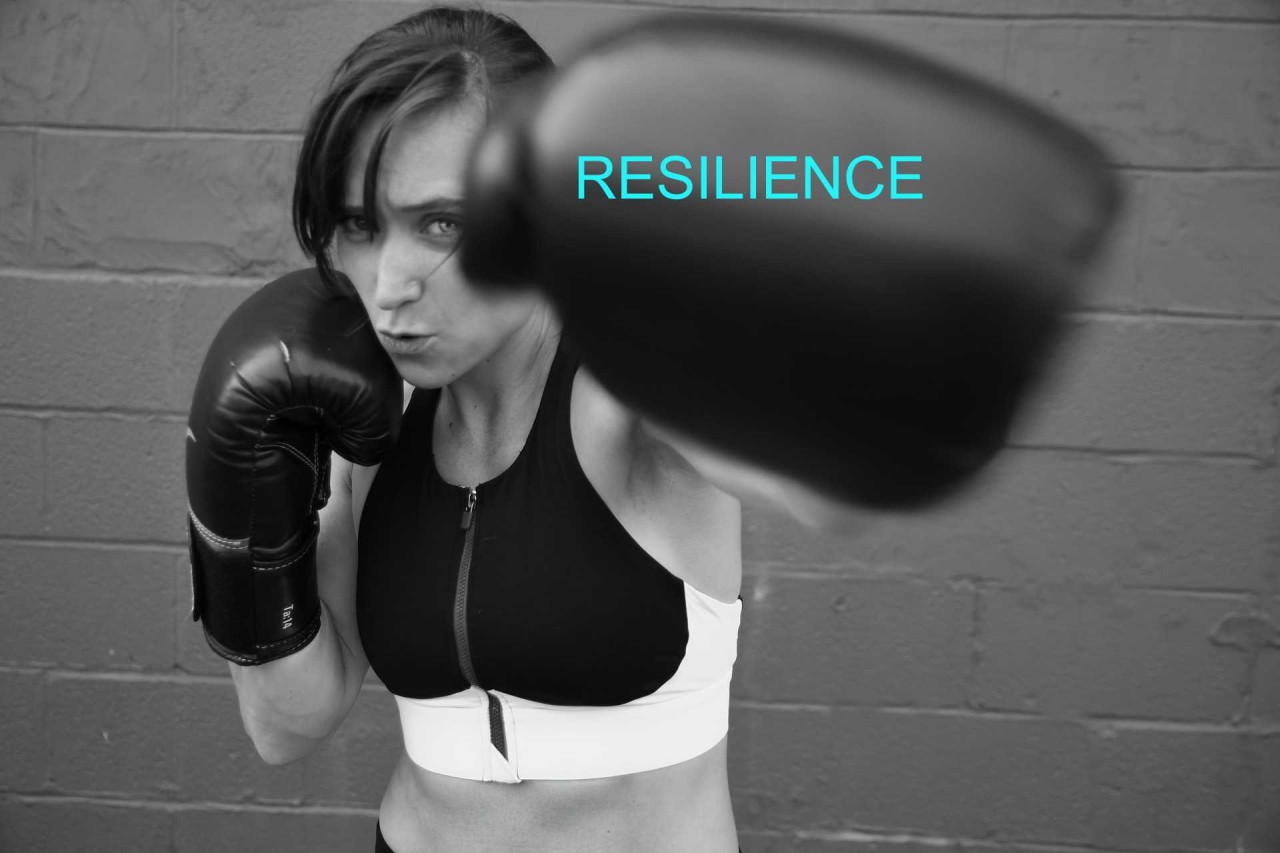Experiencing pressure in major life events pt 4
The phases of life that we usually find most difficult are life events where fundamental change happens: They are life transitions. For example :
- emerging into adulthood from university,
- settling down and having children,
- entering the menopause in middle age,
- retiring and facing old age with its accompanying health issues.
Another transition is entering the work for the first rime or changing jobs.
A major study recently revealed that one in three people in the UK don't feel as though they belong at their workplace.
One in five people have felt excluded or marginalised at work because of their beliefs, personal circumstances or identity.
This rises to 43 per cent of 18-24-year-olds,
One in three people have experienced bias, harassment or inappropriate behaviour at work, in regards to to their personal identity such as race, sexuality, gender or disability.
Photo by Toa Heftiba on Unsplash
Bringing and being open about my whole self can be really difficult at work. We feel pressure to hide who we really are to others we work with.
As human beings we are hard wired to value the relationships with others.
Much of our time is spent seeking relationships, maintaining them over time and repairing social connections when they become stretched, strained or broken. Pressure is always present in some degree to our managing our relationship be it your loved one, your family or friends. Relationship conflicts are the most common major events in our lives.
Work is also very important when it comes to major events.
Negative major events at work can significantly affects how you feel about yourself (self esteem), how others judge you (social status) and your earning power (wealth). Other major life events in our lives include breaking the law, housing insecurity, bankruptcy, redundancy and a medical illness such a heart attack, stroke or cancer. Such events are literally life changing.
Photo by Ksenia Makagonova on Unsplash
Many negative life events involve loss.
Relationship loss from a pressure perspective feels extremely painful. Feelings of grief and loss are normal and natural.
Experiencing grief can result in an extremely powerful pressure (or yearning or longing) to be with that person again. You may feel the pressure of the loss of a shared life together, (things you did together and for each other), the loss of a shared future together, (all of your shared hopes, dreams, and plans for the future) and the loss of all that your loved one did for you.
How strong you feel that loss will depend on how close you were.
The death of your partner for example is different to a close friend. At its most powerful, is the attachment bond: the loss of your child or parents. the death of your partner.
Photo by engin akyurt on Unsplash
It does not have to be death to feel that intense loss:.
Divorce, marital separation and children leaving home. are examples of the pressure we feel when a relationship, fractures or fades away.
Loss pressure can happen when relationships are in conflict such as being bullied at work, marital arguments, trouble with in laws or your boss or neighbours or just change in responsibilities at work imposed upon you. Loss is now the prospect of being a childless couple, being forced to stop living with the one you love and having to endure life with people who are not kind.
In this day and age, it is almost impossible to live debt-free.
Anyone who uses an overdraft, has a mortgage or who owes their friend £20 because they forgot to take any cash to the pub last Friday has debt. When we have the financial resources to repay, there is little pressure but if we have been made bankrupt, redundant or demoted to a much lower salary, loss pressure appears. We are faced with debt we cannot repay.
The sudden unexpected appearance of a serious medical illness can be felt as a loss of your ability to perform tasks that are essential to your daily living.
- You cannot fully do the job you love,
- You cannot perform sports activities you enjoy
- you now have to depend on others for the most basic home routines: you have lost your independence.
Major life event can mean loss of dignity.
Dignity is the right of a person to be valued and respected for their own sake. If you personally lose your dignity, you will feel humiliated but what is worse is the shame you feel when others are judging you.
Being under investigation by your company for a potential disciplinary issue, of by your lender for mortgage default will result on the pressure of possible job or home loss. The police questioning you for a minor civil offence, appearing in court with the prospective of imprisonment (loss of liberty) are major life events that will generate the pressure of guilt and shame.
Photo by Luwadlin Bosman on Unsplash
Life events are not only negative loss events. They can be positive events that add huge positive things to your life. We experience "special occasions" pressure.
Your wedding day celebrates getting married or the birth of your child, is the moment you may have waiting, for a long time.. Both events are life changing, they impact deeply on yourself. Your identity becomes more complex: lover and and now a wife or parent and and now a dad.
These are not private "uplift pressure moments" which we have previously explored, they are "special occasions" times that are public to friends and family. Some happen every year such as birthdays and Christmas, we look forward to expecting to enjoy these times. Special occasions happen at work as well, such as receiving a prestigious award which you post on link in.
Special occasions have their particular pressures just as negative major events do.
The average UK wedding is costing us somewhere between £18,000 (Bridebook) and an eye-watering £32,000 (hitched). From societal pressure to plan and organise the day, to family drama, the pressure can be intense.
The pressure is also there when becoming pregnant and giving birth. Medical, financial and emotional pressure all combine.
Giving birth is one of the most painful experiences you can have, but caring for a child will be more fulfilling than at least some of what you are currently doing in your life.
These pressures are expected and most people embrace such pressure because the long term reward of such special occasions far outweigh those uncomfortable or indeed distressing experiences. What feels impossible you turn into the possible.
Photo by Towfiqu barbhuiya on Unsplash
Unlike minor events in life such as life hassles which generate challenge pressures, obstacles do appear which you have the capacity and skills to overcome. The consequence of major life events are pressure threats to your social status, self-esteem, identity, or physical well-being.
Most life events are not in your control, you cannot bring the dead, stop police action, avoid disciplinary action or make a serious illness disappear overnight. How you react and cope with such a life event threat will depend on whether you feel pressure or change happens and stress has appeared.
Most major life events are unavoidable, some are anticipated others are not. Some are sudden others are slow to appear. What they all have in common is change.
Change is an active process that demands commitment and endurance, and requires us to look at uncomfortable truths. When life sucks, we say, `it will pass,' and hopefully it does.
One thing is certain: you need to adapt in order to grow through that change. If you try to remain rigidly the same, you are more likely to suffer when change is forced on you; it will limit your capacity for joy in life and even success. Emotional pain is the agent of change: if we build walls around it, it remains untouched and alive inside us, slowly contaminating our other feelings.
Photo by Natalie Runnerstrom on Unsplash
Life events that result in fundamental change will trigger massive downward pressure within us that spreads across all aspects of our lives. Resilience is a helpful way on understanding this type of pressure. We all have a capacity to "bounce back" and reverse this downward pressure. Being able to fundamentally change and adapt is key.To achieve this means bouncing back, by drawing on five resilient qualities:
- I have a positive belief in myself - I know my personal strengths and use these strengths in times of adversity. I am aware of my personal limitations, not being stopped by them.
- My life is full of meaning - Looking back I feel proud of my past accomplishments. I keep interested in things that are important to me.
- I take a balanced perspective of my life experiences. - I like to be relaxed and accepting of whatever comes around in my life. I look at aproblem in my life in a number of ways when responding to adversity.
- I am persistent in dealing with difficulties. - I am highly motivated to continue to struggle and as long as it takes. Despite many unexpected setbacks, I am determined to keep on going.
- I accept the inevitability, of being completely alone - I understand that some experience can be shared, but I accept that some major life event experiences must be faced alone.
Photo by Doug Tunison on Unsplash
A useful way of thinking about resilience is drawing upon an "inner reservoir". Resilience is not just within us but between us. Resilience also depends upon how you access networks of support or how you relate to others. This involves qualities such as empathy, sociability, expressiveness and warmth.
Next time, I will a take a deeper dive on what pressure is by exploring the different types of pressure.
Comments
By accepting you will be accessing a service provided by a third-party external to https://www.flashinglightbulb.co.uk/








